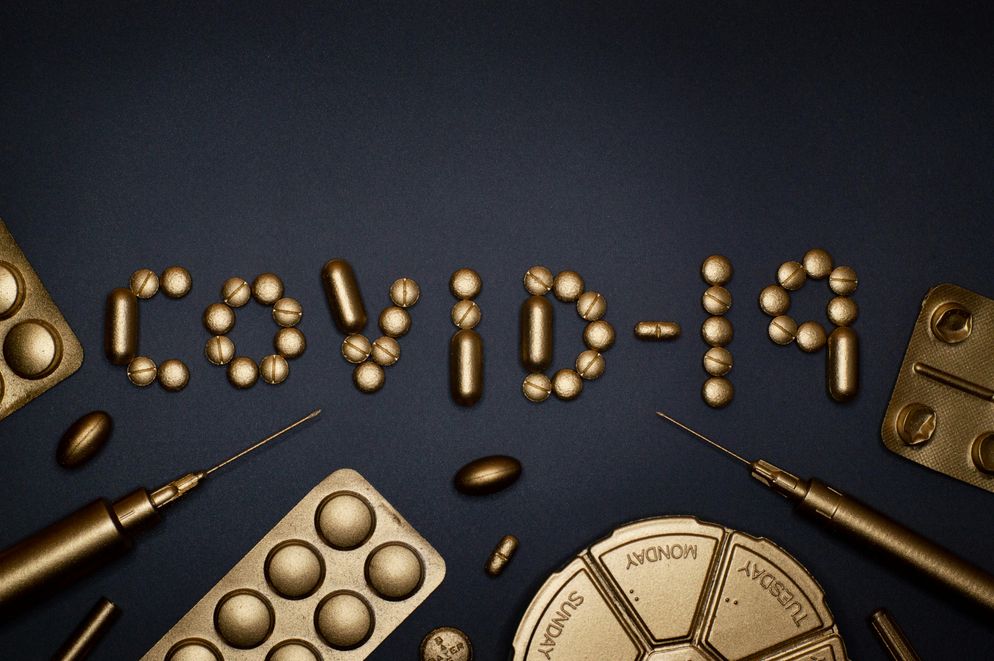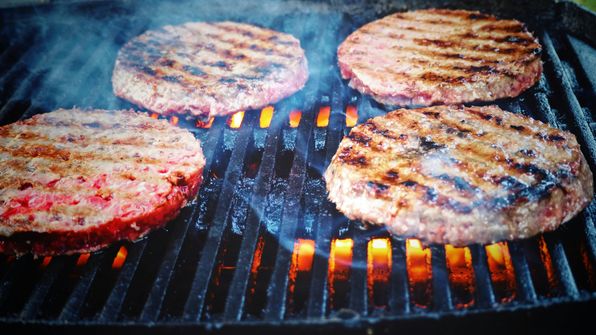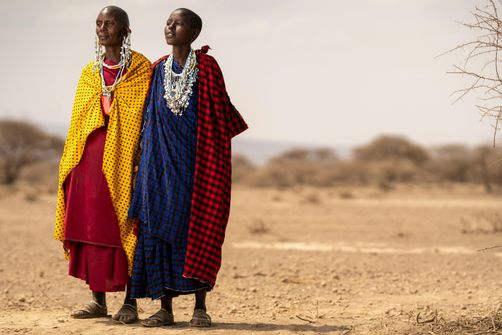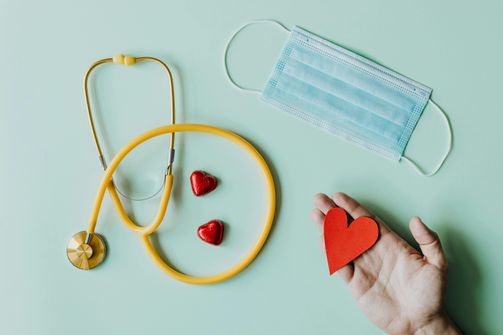
Social Success on the Carnivore Diet: Tips for Staying Committed at Gatherings and Restaurants
Social gatherings often mean a spread of carb-heavy foods and tempting desserts that can make sticking to the carnivore diet feel tricky. But with a b...

recovering from COVID-19 can be a long journey, especially for women who may face lingering symptoms like fatigue, brain fog, and muscle weakness. While medical treatments and rest are crucial for recovery, nutrition also plays a significant role in helping your body bounce back and regain strength.
In 2024, we’re learning more about how specific diets can support women recovering from COVID-19 by boosting immunity, reducing inflammation, and aiding in overall recovery. Let’s dive into the best dietary strategies to help you feel better faster.

COVID-19 affects everyone differently, but many people experience lingering symptoms, also known as “long COVID.” These symptoms can include fatigue, muscle weakness, cognitive difficulties, and a weakened immune system. A well-balanced diet can provide the essential nutrients needed to support the immune system, reduce inflammation, and promote healing and energy recovery.
Certain diets are particularly beneficial for women recovering from COVID-19 due to their focus on nutrient-dense foods that can help replenish lost nutrients, boost immunity, and restore energy levels.
Here are some of the most effective diets to consider if you’re recovering from COVID-19, based on the latest research and nutritional recommendations.
The Mediterranean diet is celebrated for its heart-healthy benefits, but it’s also great for boosting immunity and reducing inflammation—two key factors when recovering from COVID-19.
Why It Works: This diet emphasizes fruits, vegetables, whole grains, nuts, seeds, and healthy fats like olive oil. These foods are rich in antioxidants and anti-inflammatory compounds, which can help your body fight off lingering inflammation and boost your immune response. A study published in the Advances in Nutrition found that the Mediterranean diet could enhance immune function and reduce inflammation, making it ideal for post-COVID recovery.
Try This: Incorporate more colorful fruits and vegetables into your meals, such as tomatoes, spinach, and bell peppers. Add whole grains like quinoa and brown rice, and choose healthy fats like olive oil, nuts, and seeds. For protein, opt for fish, poultry, and legumes.
Protein is crucial for repairing tissues and building muscle, especially if you’ve experienced muscle loss or weakness from COVID-19. A high-protein diet can help rebuild muscle mass and support overall recovery.
Why It Works: Protein helps repair tissues and muscles, which is essential if you’ve been inactive or bedridden during your illness. Additionally, protein supports immune function by helping produce antibodies and immune cells. A review in The European Journal of Clinical Nutrition highlighted that a higher protein intake could enhance muscle recovery and improve immune response, which is beneficial for those recovering from illness.
Try This: Include a variety of protein sources in your diet, such as lean meats, poultry, fish, eggs, dairy products, tofu, legumes, and nuts. Aim for a protein source at every meal to help maintain muscle mass and support your immune system.

Inflammation is a common response to infection, and COVID-19 can cause prolonged inflammation in the body. An anti-inflammatory diet focuses on foods that help reduce inflammation, which can alleviate symptoms and support recovery.
Why It Works: The anti-inflammatory diet emphasizes foods rich in omega-3 fatty acids, antioxidants, and phytochemicals, which help reduce inflammation and promote healing. According to research published in The Journal of Nutrition, an anti-inflammatory diet can lower markers of inflammation in the body, potentially aiding in recovery from COVID-19 by reducing the lingering inflammatory response.
Try This: Focus on incorporating fatty fish like salmon and mackerel, leafy greens, berries, nuts, seeds, and olive oil into your diet. Avoid processed foods, sugary snacks, and red meat, which can increase inflammation.
Staying hydrated is essential for overall health, but it’s particularly important when recovering from an illness like COVID-19. Dehydration can exacerbate fatigue and weakness, so a hydration-focused diet can help support recovery.
Why It Works: Proper hydration helps maintain bodily functions, including circulation, digestion, and temperature regulation. For those recovering from COVID-19, staying hydrated can help manage symptoms like fatigue and muscle weakness. A study from Nutrition Reviews emphasized the importance of hydration in recovering from illness, noting that adequate fluid intake can help maintain energy levels and prevent dehydration-related complications.
Try This: Make sure to drink plenty of water throughout the day, aiming for at least eight glasses. Include hydrating foods like fruits and vegetables—cucumbers, watermelon, oranges, and berries are excellent choices. Herbal teas and broths can also be soothing and hydrating.
Here’s a quick guide on what to eat and what to skip when recovering from COVID-19:
It’s important to remember that everyone’s recovery from COVID-19 is different. While these diets can provide general guidance, it’s crucial to listen to your body and adjust as needed. For example, the Mediterranean diet is known for reducing inflammation and boosting immune function, but it might not be the best fit if you have specific dietary restrictions or preferences.
A: Diet is an important part of recovery, but it should be combined with other medical advice and treatments from your healthcare provider. Eating well can support your immune system and help you regain strength, but it’s not a standalone cure.
A: Focus on nutrient-dense foods like fruits, vegetables, lean proteins, whole grains, and healthy fats. Hydrating foods and fluids are also important. These foods help replenish nutrients, boost immunity, and provide energy for recovery.
A: Some supplements, like vitamin D, vitamin C, and zinc, have been suggested to support immune health. However, it’s essential to consult with your doctor before starting any new supplements, especially if you are recovering from an illness.
A: These diets can be adopted as long-term lifestyle changes for overall health benefits. However, if you’re specifically following them for post-COVID recovery, it’s a good idea to maintain these eating habits until you feel fully recovered and discuss any long-term dietary changes with your healthcare provider.
A: Physical activity is beneficial for recovery, but it’s important to listen to your body and not overdo it. Start with gentle exercises like walking or stretching, and gradually increase intensity as your strength returns. Always consult your doctor before beginning any new exercise regimen.
A: avoid processed foods, sugary snacks, fried foods, and excessive caffeine and alcohol. These can increase inflammation, weaken the immune system, and interfere with your recovery.
A: Hydration is crucial for maintaining energy levels, supporting bodily functions, and preventing dehydration-related complications. Drink plenty of water, and include hydrating foods like fruits and vegetables to help with recovery.
This article is intended for general informational purposes only and should not replace professional medical advice. Always talk to your doctor or a qualified health professional before making changes to your diet, especially if you are recovering from COVID-19 or other health conditions.
Recovering from COVID-19 can take time, but with the right nutrition, you can help support your body’s healing process. By focusing on nutrient-dense foods that boost immunity, reduce inflammation, and promote hydration, you can feel stronger and more energized on your road to recovery. Remember, everyone’s journey is different, so find what works best for you and consult your healthcare provider for personalized guidance.
Here’s to a healthy recovery and a stronger you in 2024!

Social gatherings often mean a spread of carb-heavy foods and tempting desserts that can make sticking to the carnivore diet feel tricky. But with a b...

The carnivore diet is often seen as straightforward: eat meat, keep it simple. But adapting it seasonally can bring freshness, variety, and local flav...

The carnivore diet has become increasingly popular, but like any extreme dietary approach, it raises important questions—especially for women concerne...

The carnivore diet has gained attention globally, but women’s experiences and cultural approaches to animal-based eating vary widely depending on wher...

Living with Chronic Obstructive Pulmonary Disease (COPD) can make everyday activities feel like a marathon, especially for women who are juggling heal...